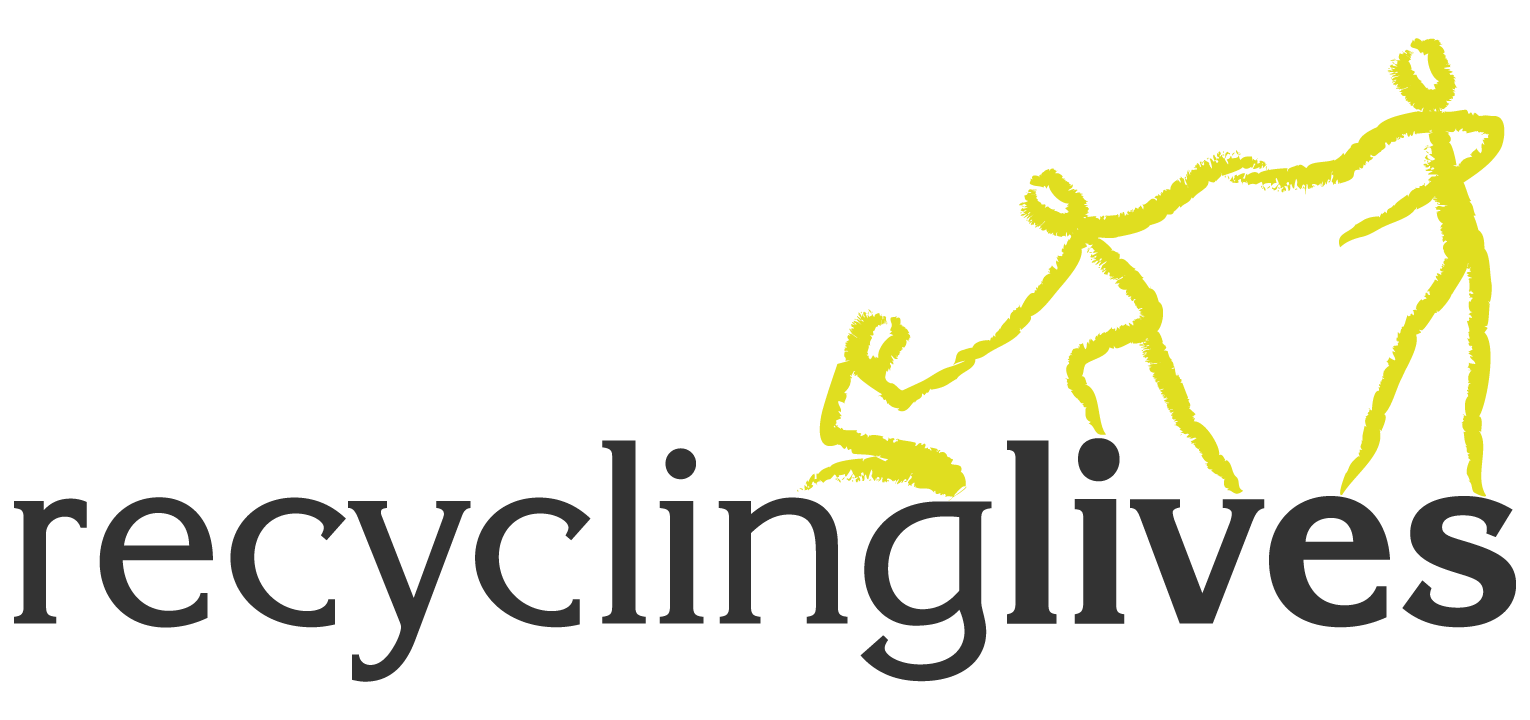
ARCHIVE Meet: Jamie, CFM Coordinator
Jamie Boulton, our new CFM Coordinator, reflects on the successes, challenges and lessons of his first three months in post:
“As CFM Coordinator I’m the primary point of contact for our customers (Community Food Members) at the Food Redistribution Centre. I have both the pleasure and the challenge of ensuring the wants and needs of our members are met.
“Our members range from schools and youth groups to hyperlocal grassroots charities for the elderly, disabled or veterans. I speak with our members daily so I already have a good understanding of the difference our food is making for communities.
“Like many of our members, and the people they help, I didn’t have a great lockdown. I was made redundant from a job I’d spent my life working towards. I was minister of a Church but when Covid hit I lost my role, so I was looking for a new challenge.
“To get into my previous position, I’d worked with churches, charities and youth groups while supporting my family working in management roles in customer service. In this new role, I’m able to combine my skills and expertise in customer service with my experience and passion for communities.
“Because I’ve been chairman of small charities or community groups myself, I understand the pressures some of our members face, or what their priorities are, being needs-oriented rather than systems-oriented, so I bring empathy and experience to the role. Then, having worked in customer service for so long, I also bring that understanding and experience to the role. I’m proactive in avoiding customer service issues in the first place, and work to keep communication flowing.
“Our team is made up of full-time staff and volunteers from all walks of life. I’ve worked to make sure everyone is customer-focused in their work, so that responsibility doesn’t sit with just one person but we deliver a really efficient, joined up service. All our team understand just how important their roles are in reducing waste and feeding people.
“Our programme works by food coming in, volumes and types being recorded on our system and then we allocate food based on the members preferences. Lancashire-based members then come to collect their items, or we deliver it to Local Collection Points across Cumbria. Since joining I’ve created a new invoicing procedure and a new role to support this. Our dispatchers now quality check all that’s been allocated before adding a dispatch note which clearly outlines what each member is being invoiced for. This means rather than paying a membership fee for access to goods, members are only charged for what they receive. So if their need changes or our stock levels change, groups aren’t stuck paying. This has made things much fairer for our members and much more transparent.
“It’s important to remember we’re not a retailer of really cheap food – we’re a distributor of surplus. We also have a duty to the suppliers and supermarkets to ensure their produce goes to people who need it, rather than becoming waste.
“Our members have been really happy with the changes because it’s made it fairer for them. They’re seeing how our processes are more efficient and feeling that all our team puts our members needs first.
“We’re proud members of the national FareShare network, but each regional centre operates differently so we’ve had to make changes like this so our systems and processes fit our operations. We’ve also had to make changes to accommodate just how much we’ve grown, not least as demand tripled in the last year!
“So far it’s been wonderful, and a real education into surplus food and charities working across the two counties. I hope I’m growing our partnerships and supporting our members and suppliers to deliver value right across the board.
“Next we’re looking to streamline our preference delivery and coming up with ways for members to make use of some of the more unusual items which come into stock.
“As always, it’s all about getting good food out to people who need it most.”
